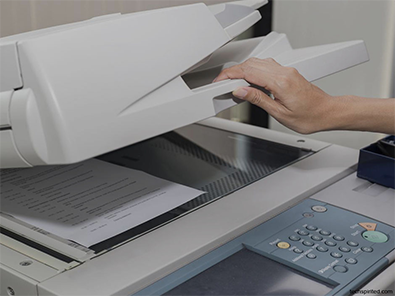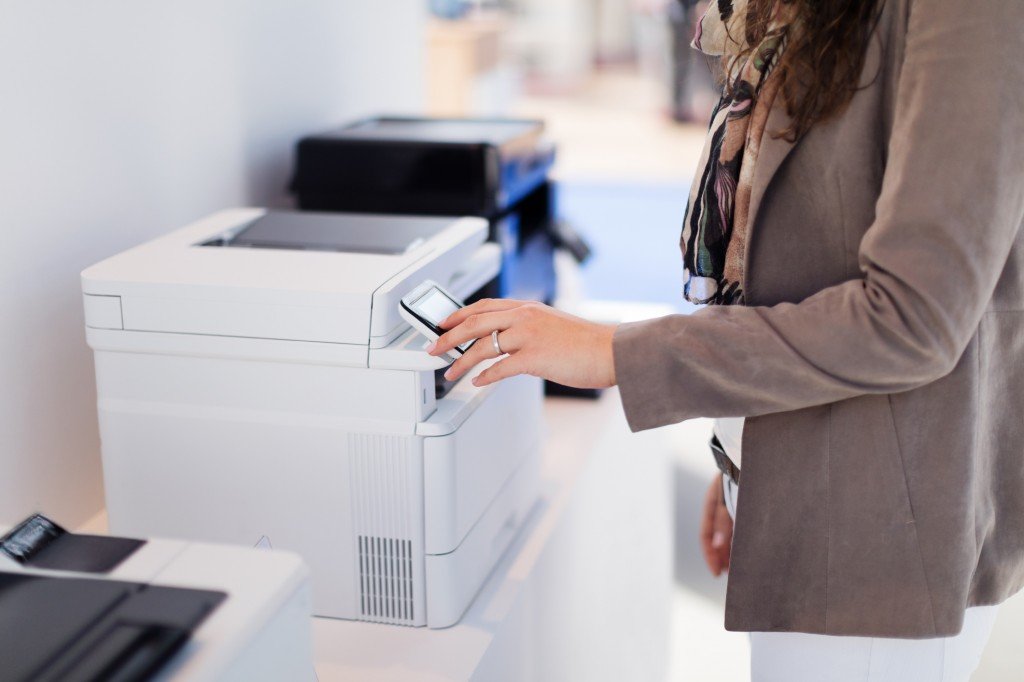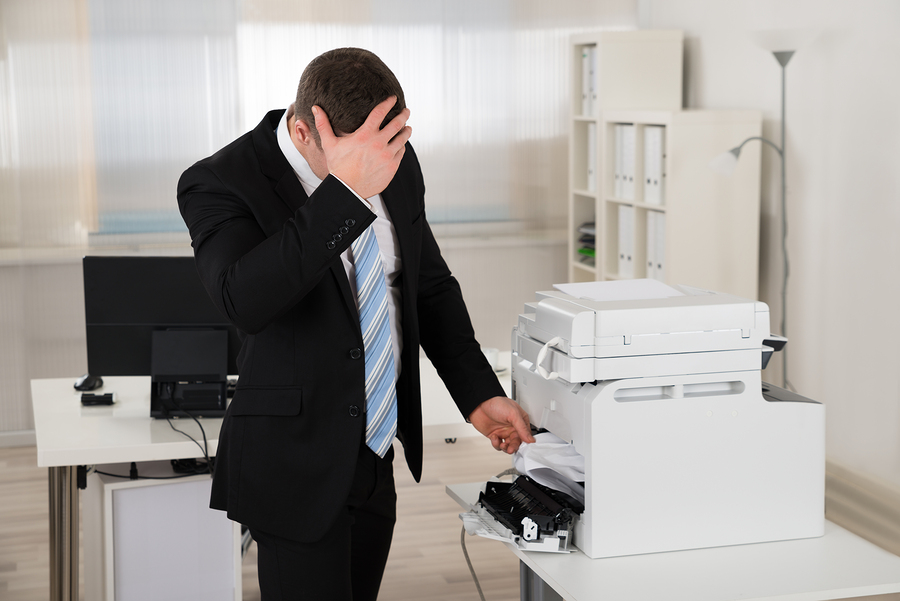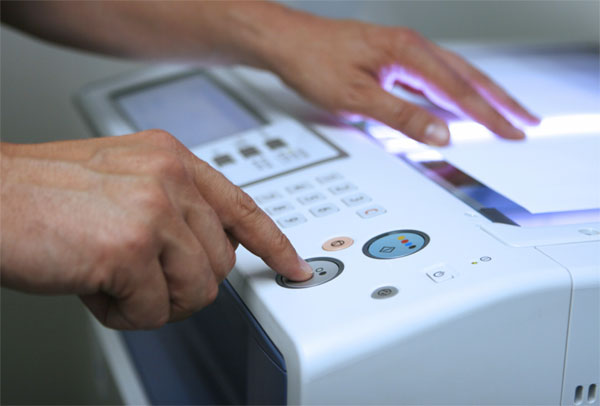Do you have any form of product that has to be printed, such as a poster or a brochure? After preparing all the printable materials, you will need to choose which kind of printing procedure will provide your work with the most outstanding results.
When you are at this point, the decision of whether to print using offset or digital technology will need to be made. As much as possible, you want to choose a printing process that could give you accurate results. In line with that, you might ask what differentiates each of these choices from the other?
You probably go to the nearest print shop if you don’t own a copier or printer. However, they will also ask what type of printing method you want. Fortunately, most printing shops these days will show samples of how a document will look when printed using offset and digital printing technology. Therefore, you can have a more accurate decision.
Understanding Offset Printing
Plates often crafted from aluminum are the essential components used during offset printing. The job of these plates is to transfer an image onto a rubber blanket. After that, the printed picture will be rolled through a paper sheet.
This process is known as offset printing. Offset printing is the greatest option when more significant numbers are required since offset presses operate so effectively after they have been set up. In addition, this printing process also gives correct color reproduction in addition to printing that appears professional, clean, and crisp.
Understanding Digital Printing
In contrast, to offset printing which relies on metal plates, the digital printing method uses other alternatives, such as toner – the one used in laser printers, or even bigger printers that can use liquid ink.
When printing smaller numbers, such as a run of 100 flyers or 20 birthday greeting cards, digital printing excels. The capacity to print changeable data is another advantage offered by digital printing. When every item has its unique address, name, or code, the only option available is digital printing.
Digital printing is the greatest option for those who do not want substantial print runs of more than 500 copies since many individuals and companies do not require such quantities. Offset printing is an excellent method for producing print projects that look amazing.
Which is Best to Use? Digital or Offset Printing?
Both digital and offset printing processes have their benefits and advantages. Each one offers a unique set of advantages, which vary according to the specifications of your project. The offset printing process is the sole option available when vast quantities of the project are required – numbering in the hundreds or thousands.
When using an offset printing method, you can access a more extensive selection of specialized materials and inks, such as fluorescent and metallic inks.
On the other hand, digital printing is the way to go if you need a run of less than a hundred copies. This is also the best option if you need specific information or unique addresses. The most significant thing is that any of these options may satisfy your company’s requirements. And the high degree of quality ensures that you will get a final printed product that will make you seem very professional.
Final Thoughts
Both of these printing methods produce outcomes. The print job you choose may either meet or violate your company’s aesthetic or financial goals. Consider the pros and cons of each approach to select the best printing method for your needs.
In Baltimore, contact Clear Choice Technical Services for copiers for your business needs. You can ask about Copier Leasing Services in Baltimore, Copier rental services in Baltimore, and Copier Repair in Baltimore.
Both offset and digital printing processes produce high-quality prints. Beyond that, they are also cost-effective and time-tested printing technologies often utilized in various contexts. It is up to you, and your company’s printing demands to help you choose which printing methods suit you.





